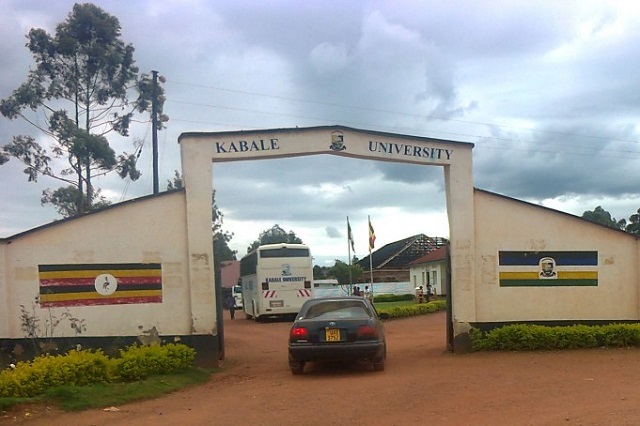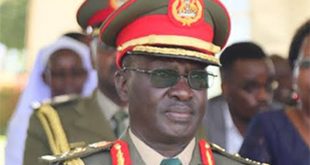
Kabale, Uganda | THE INDEPENDENT | The tourism industry has witnessed a shift in recent times, evolving from mere service delivery to a focus on providing tourists with a holistic sensory experience. Today, tourists seek to engage all their senses – from sight and sound to taste, smell, and touch – to create the ultimate “peak experience” during their travels.
Recognizing the importance of catering to these changing needs, Kabale University’s Institute of Tourism is taking up the challenge and introducing experiential tourism skills to match the market trends. Dr. Christine Ampumuza, the head of the institute, shared in an interview with URN that they are determined to nurture self-sustaining tourism professionals who can meet the demands of the industry.
To achieve this goal, the institute has introduced the Field Tourism Training Unit as part of the restructured Bachelor of Tourism and Hospitality Management program. This unit will allow students to spend more time in the field, specializing in their chosen areas after the first year of the course.
Dr. Ampumuza says that the University is also setting up a Food Production Laboratory and emphasizing the use of Geographic Information Systems (GIS) in tourism to strengthen mapping capabilities. By incorporating GIS, students will be able to develop their tourism sites, gain international visibility, and establish direct links with the market, rather than relying solely on experts for such tasks.
Another innovative approach being introduced is a collaborative community-based approach, empowering students to create and effectively package homestead tourism ventures. This strategy will ensure that graduates meet the industry’s needs and avoid mismatches in the market.
To address the issue of non-Ugandans dominating the tourism industry in the country, the institute is placing emphasis on soft skills. They have discovered that despite acquiring hard skills during their academic tenure, the Ugandan workforce lacks essential soft skills.
“We have come up with a formula that is 50/50, though some people think theory is not important, we demystify this because theory informs practice and this is another area we are focusing on,” Dr. Ampumuza.
She explains that modern tourism incorporates aspects of neuroscience, as the satisfaction of tourists depends on triggering positive responses before they make decisions. The students are trained on how to cater to the needs of tourists and the industry as a whole.
****
URN
 The Independent Uganda: You get the Truth we Pay the Price
The Independent Uganda: You get the Truth we Pay the Price


